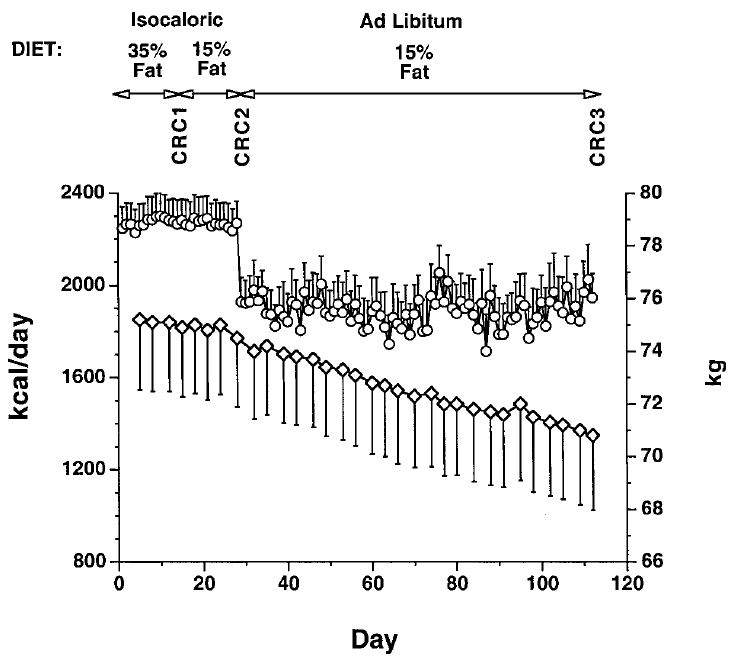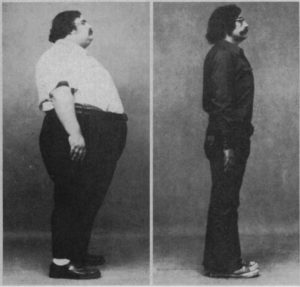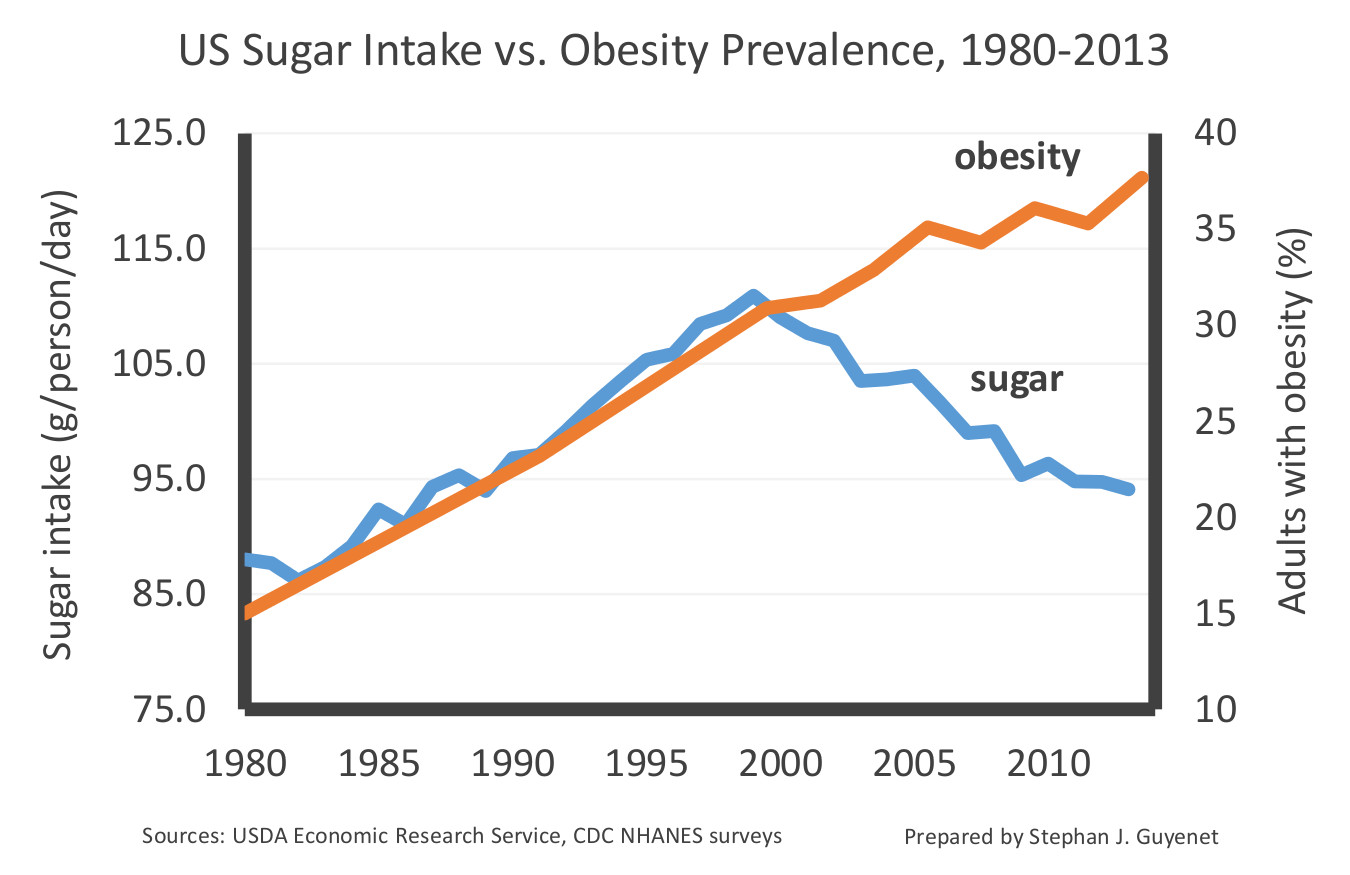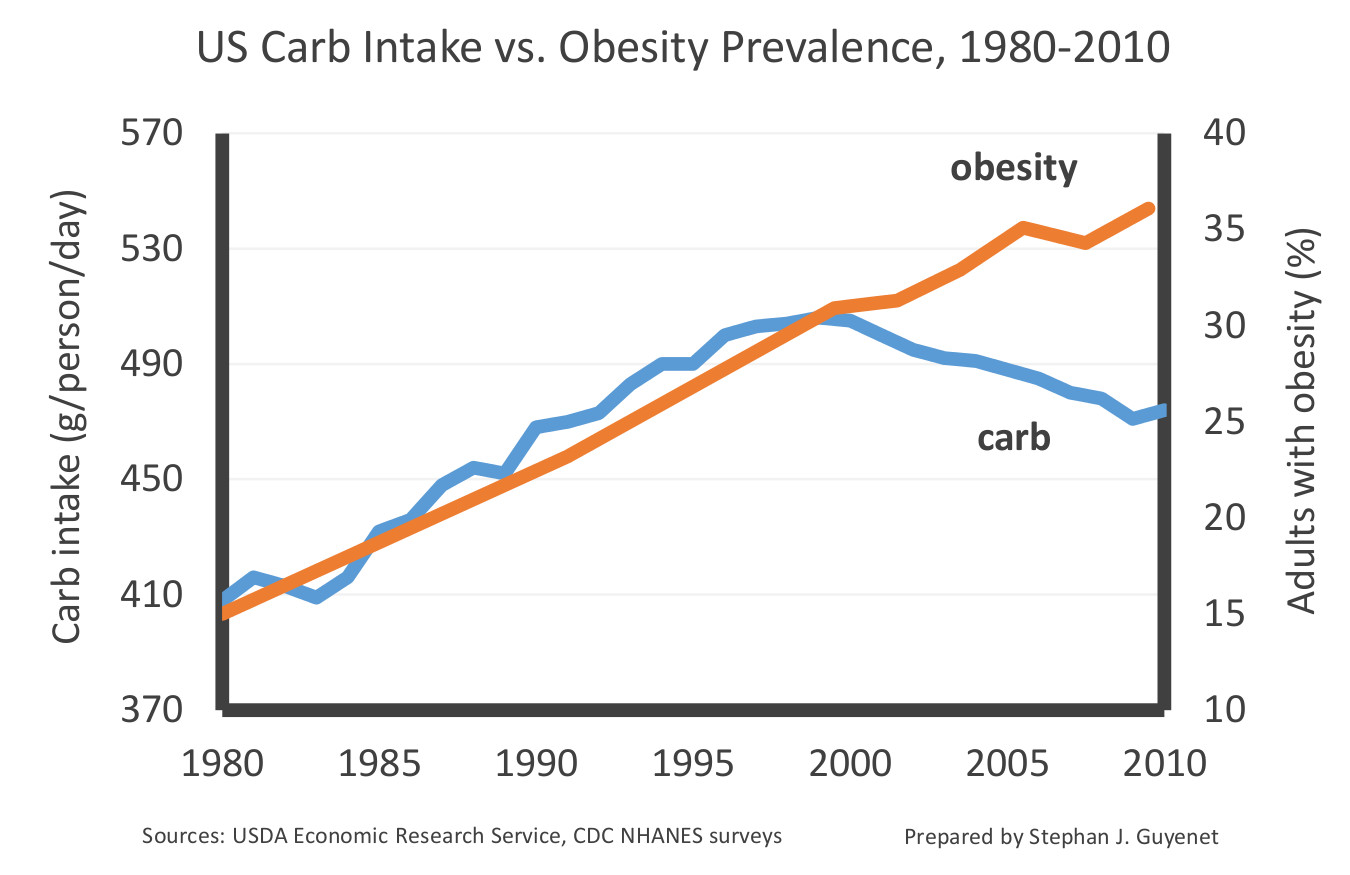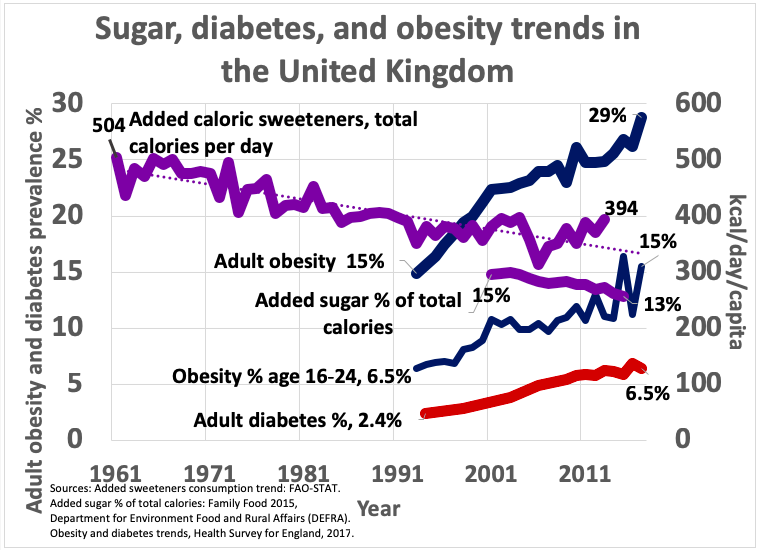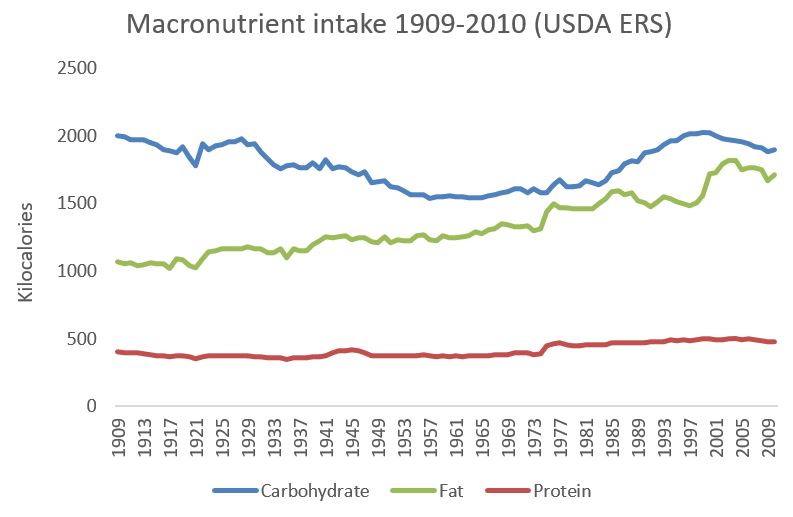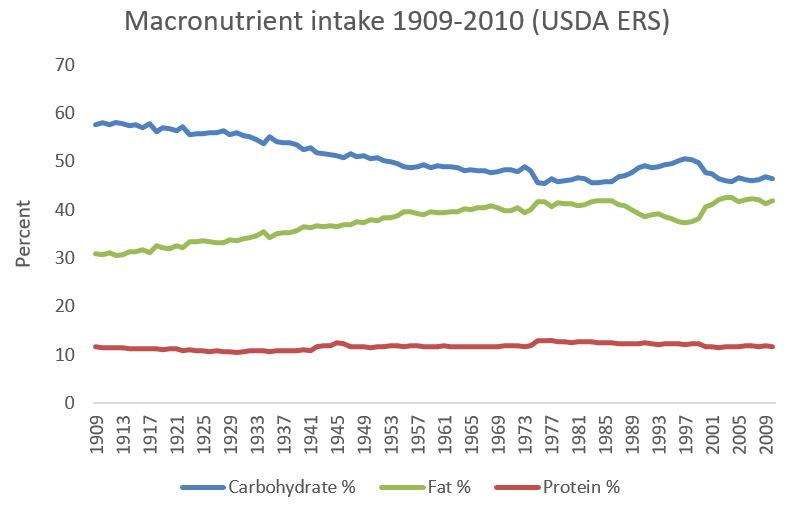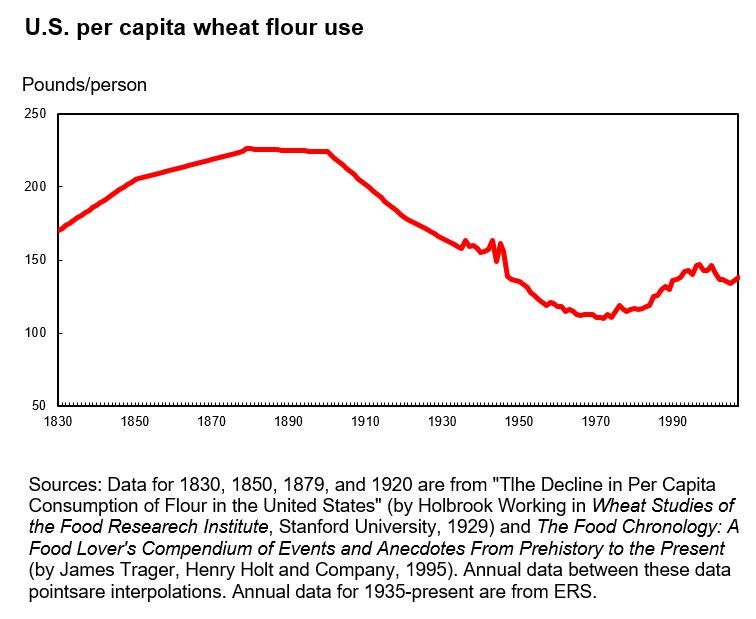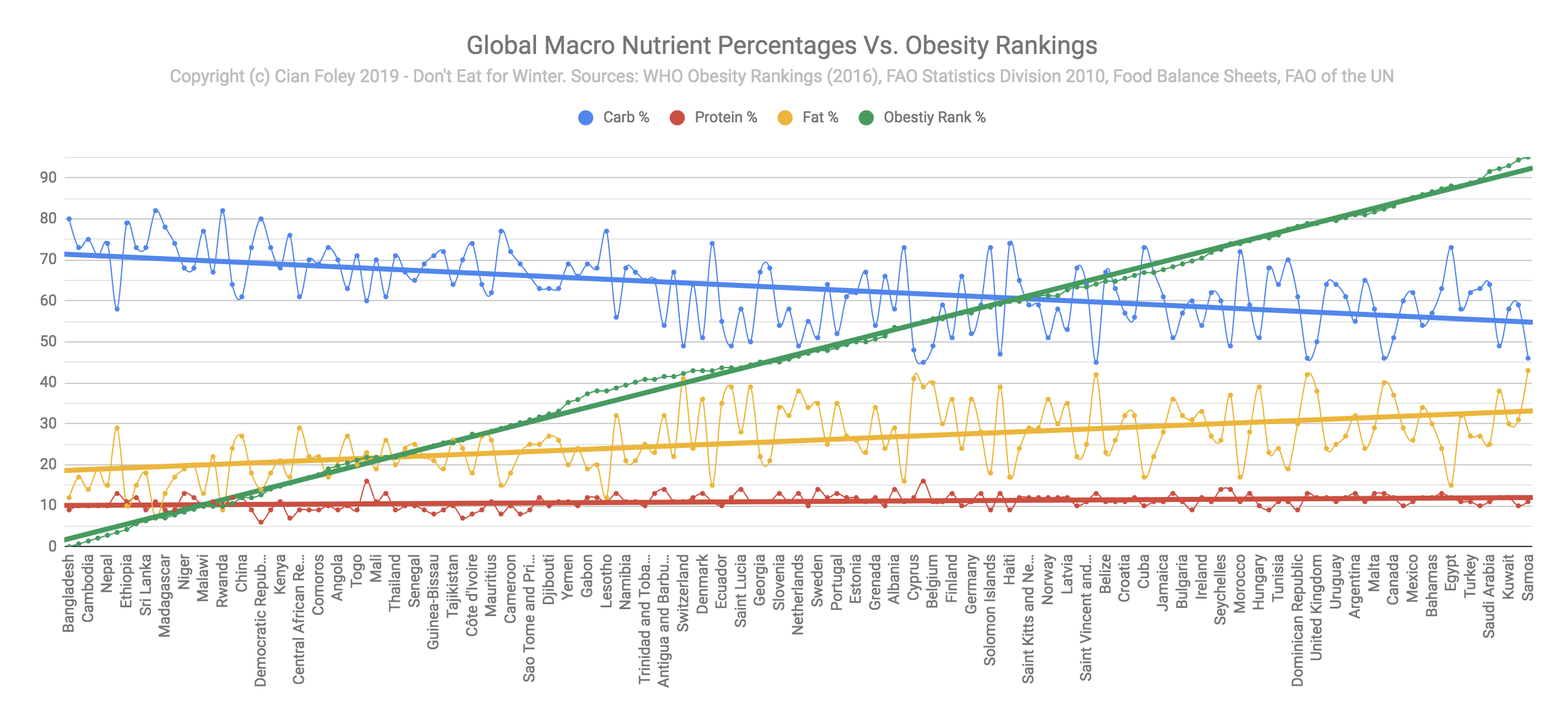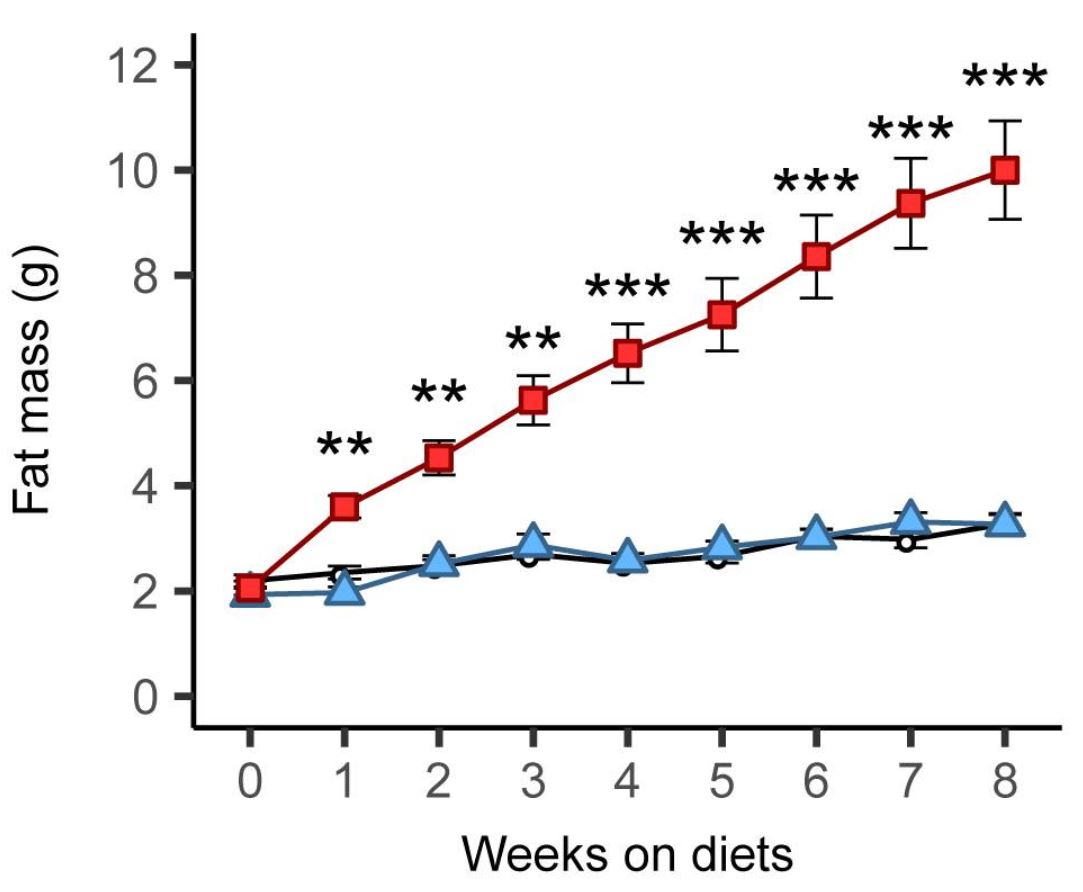I make mistakes, and acknowledging and correcting them is an important part of how I grow. On this page, I list every mistake I know of in my book The Hungry Brain, and whether they have been corrected in the paperback edition. Thanks to everyone who has pointed out mistakes!
I’m certain there are more I haven’t caught yet. If you spot one, please let me know and I’ll add it to the list.
- P. 44. The book refers to the psychological concept of punishment as “negative reinforcement”. Negative reinforcement is a psychological concept as well, but not the one I intended to refer to in that passage. This has been corrected in the paperback version. Pointed out by Rebecca Strickland.
- P. 51. The book states that “Humans have a strong preference for salt (sodium chloride)– one inclination we don’t share with rats.” I discuss this further in the associated footnote. I don’t think this is a mistake exactly because rats don’t enjoy salty food like humans, but Anthony Sclafani pointed out to me that rats do prefer to drink a dilute salt solution to plain water. I removed the statement in the paperback.
- P. 54. In a footnote, the book states that the Diagnostic and Statistical Manual of Mental Disorders is published by the American Psychological Association. It’s actually published by the American Psychiatric Association. This has been corrected in the paperback version. Pointed out by Sylvia Karasu.
- P. 136-7. While discussing a rat study by Barry Levin and Ambrose Dunn-Meynell, I made two errors in describing the experimental diets. First, I stated that the researchers “restricted their food intake while keeping them on the palatable diet”. In fact, the rats were switched back to unrefined rodent chow during the restriction period. Second, I stated that “they quickly bounced back up to the weight of rats that had been eating an unrestricted palatable diet and gaining weight the entire time”. In fact, the latter group was placed on an unrestricted palatable diet for 12 weeks, then unrestricted unrefined rodent chow for an additional 16 weeks, and were on chow when the other group was switched and the two groups converged in weight. Neither error impacts the substance of the passage. Pointed out by a friend of Gary Taubes, via Gary.
- P. 171-2. I discuss a twin study of the genetic contribution to obesity conducted by Mats Borjeson and published in 1976, and the passage could be read as implying that he was the first to perform such a study. Twin studies on obesity were published prior to Borjeson’s study, as reviewed in the 1966 paper “A review of genetic and constitutional factors in human obesity“, by Carl Seltzer and Jean Mayer. I don’t recall who pointed this one out to me, but thanks, whoever you are.
- P. 175. I attribute the quote “genetics loads the gun, and environment pulls the trigger” to Francis Collins. Although Collins said it, the quote is typically attributed to obesity researcher George Bray. This has been updated in the paperback version. Pointed out by Sylvia Karasu.

